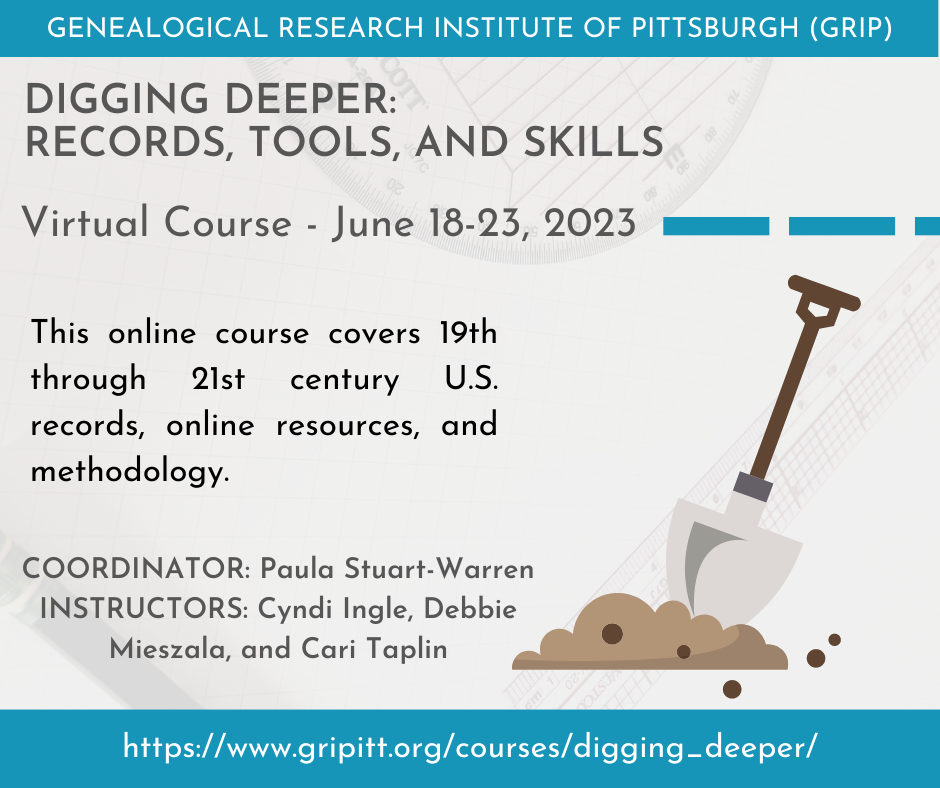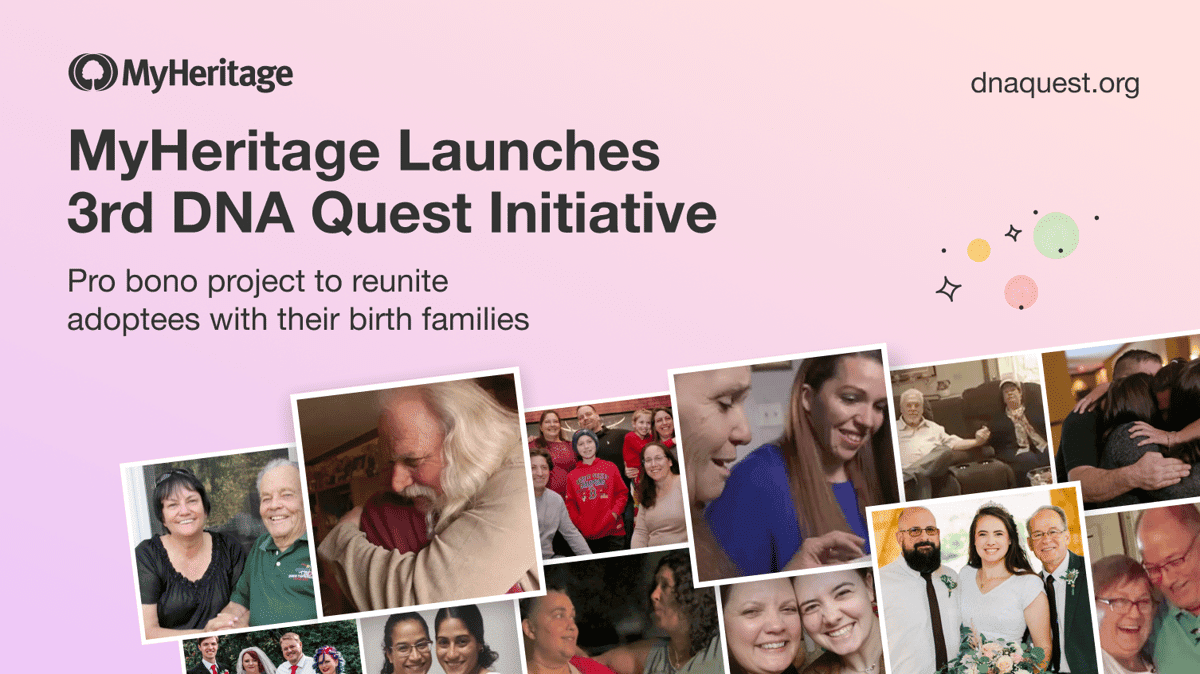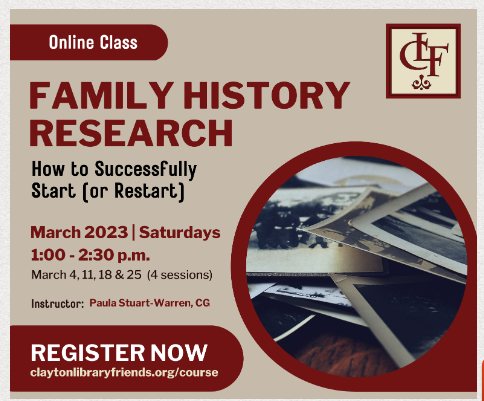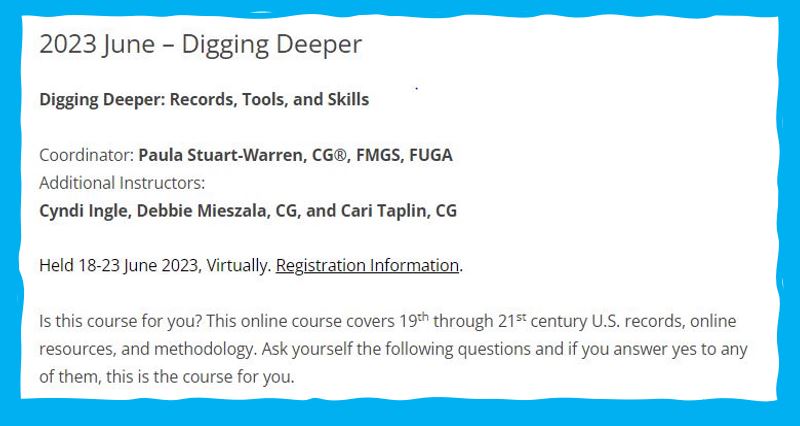What’s in your attic or garage? Please donate historical items for safe storage and retrieval
I’ve discussed this in previous posts and also in some recent online discussions. It’s time to post more about safe storage and donations of historical items. My questions and suggestions also apply to an old spinning wheel, trunk, or piece of furniture.
Are you one of the lucky people whose home includes an old bible, diary, or journal? What about an old book of marriage or land records from a county? Maybe great grandfather’s old trunk held a county or town tax list from 1899. Grandaunt Mary may have left you her old desk that included a pile of old papers with a list of the students at the one-room school back in 1877. Even better, some other school records in that pile provide parents and guardians names for students all the way up to 1885. Her grandmother was a schoolteacher at that school. Oh, the gems that would help you and others with family history research! Was Uncle Albert a cemetery sexton who carried burial records in his car trunk back in 1950 and these are now in your attic or are they with a cousin?
It’s likely you have community history in addition to family history details. Do you have these items stored properly in an archival safe folder, box, or other container? I hope it’s also a fireproof container and then stored in your home in the correct temperature for preservation. It’s wise to consult with someone knowledgeable on such storage. A county or state historical society or archive may offer such a service. Some have websites with excellent suggestions from trained archivists.
How would others learn of the neat details in these records if only you get to see them? State laws may prevent individuals from possessing specific old record books and the state archives can assist in learning more about this. That state archives or a county or state historical society may be a better location for housing these old items.
A county or town archive that is only open during certain seasons of the year may not have the proper heat and air conditioning systems for preservation of records. It may not have an online catalog or other finding aid so that someone can find out about those old school records or marriage records.
Think about donating such materials. A logical archive or historical society would be in the county or state to which the material has the most connections. A few suggestions on determining the best place.
1. Check to see if the likely repository has a comprehensive online presence.
2. Verify that it has an easily accessible online catalog and links to collection finding aids. Can you search for a specific surname or place in order to find records? How would someone else know what is there?
3. Check that the hours for in-person visits to view materials are sensible and year-round.
4. Full-time staff with some volunteers is a good sign.
5. Hopefully the website has information about donating material and a phone number or email posted. Then you can contact staff to determine that there is proper storage and if they are likely to accept what you would like to donate.
Don’t let these items sit in a plastic tub in your basement, garage, or attic. Share the history with others. Don’t depend on a family member donating such things once you are gone. Be ready to follow the guidelines of the archive or historical society as far as donations. Everyone will benefit.



